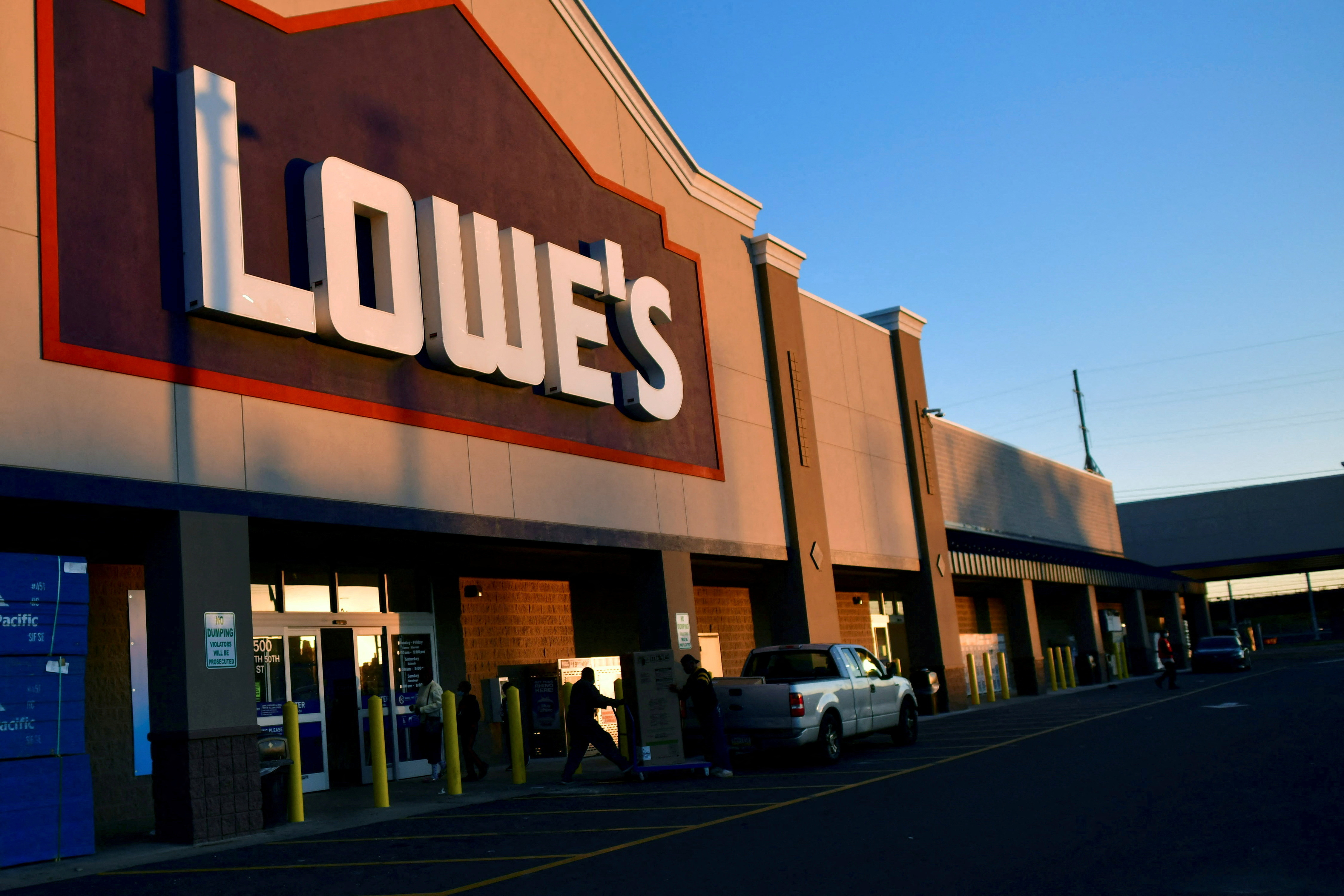Sports bets can now be placed in the United States!!! This was the conclusion reached by the Supreme Court in 2018, when it ruled that the federal prohibition on sports betting violated the constitution.
But, despite the fact that gambling is now legal, how will the decision affect the gambling landscape? It is widely accepted that wagering on sporting events was widespread across the country long before it became legal. How different will the experience of legally betting on sports be from the experience of illegally betting on sports? Let’s take a look at some of the things that might be changing.
Table of Contents
Additional Requirements
Yes, making something legal gives the government a bigger say in how it operates, not a smaller one.
At the moment, eight states have fully legalized sports betting. Arkansas and New York have now passed legislation making it legal. It is now being considered for legalization in twenty-eight states and the District of Columbia by legislation.
This means that state and municipal governments in states that have passed the measure, as well as those that are considering it, will increase their control and regulation of gambling. It may be difficult to keep up with each state’s Wild West-style requirements, especially if the federal government does not approve basic criteria for each state (something that was originally proposed in Washington, DC in late 2018).
Regulations That Do Not Always Apply
The states of Delaware, New Jersey, and Rhode Island, for example, do not allow collegiate sports betting. Each state has established a separate group for regulatory purposes. Several states use gambling commissions as regulatory bodies. Some jurisdictions combine their gaming operations with their lottery agencies. The type of regulatory body that a state chooses to work with to oversee sports betting frequently has a significant impact on the other rules and restrictions that apply to the industry.
Furthermore, the perspectives of elected officials will have a direct impact on the types of rules that are enacted. Opponents of gambling may propose new rules after each election. Then, after two years, a new group takes power and repeals all of those regulations. Regulations will differ not only from one state to the next, but also from one year to the next, depending on political trends at the time.
As a result, anticipate that you will need to constantly stay up to date on the most recent legislation for the region in which you are gambling, and that these regulations will change on a regular basis. By visiting this page on ESPN.com, you can get the most up-to-date information on where each state stands on the issue of allowing sports betting.

Taxes
I was curious how many people here reported their profits from sports betting in 2017.
If you live in a state that allows online gambling, you should be prepared to report any winnings when you file your taxes each year.
There was no public record of your victories when gambling was illegal in most places, and you were not required to report them. As a result, if you wanted to avoid trouble, you would not need to report such profits. Even if you did reveal it, how could you justify earnings obtained through dishonest means on a federal tax return? (unless you were in a few select places).
Because the activity is now regulated at the state level, public records of those gains will be kept, providing a paper trail that will lead back to you for the money you won. Gambling winnings, like those from game shows and lotteries, must now be reported on tax returns.
Better Schools and Government Programs
Although winners will be taxed, establishments such as casinos and other forms of gambling will also be required to pay taxes on the money they make from sports betting.
And, like the vast majority of money made from gambling, this money has the potential to make significant advancements for a state or region.
A number of states use money from lotteries, horse races, bingo, and other forms of gambling to fund scholarship programs and school improvements. As a result, how the various states use this previously untapped source of revenue may play a significant role in determining the extent to which their respective communities are improved for the better.
College-level Accident Reports?
During the SEC’s media days in July 2017, Commissioner Greg Sankey mentioned one way in which legalized gambling could alter the sports landscape.
In contrast to professional sports, college sports are not required to provide any information on injuries sustained by their coaches. And coaches take advantage of this fact by, in many cases, not announcing anything about an injured player until the player’s condition is revealed because he is not on the field.
Fans who expect to see famous players, as well as networks that sell games based on those players, will be disappointed if one of the stars is unable to attend. When you consider the limited access that members of the media have to the training facilities, you get a new goldmine of confidential information that only a select few can use to their advantage.
Only university officials, large benefactors, recruits and their families, student managers, and others are permitted to attend practice. The general public is not permitted to witness the training. They can tell if players are not practicing properly or are injuring themselves while doing so. Furthermore, anyone interested in placing a wager will find such information extremely useful.
As a result, Sankey emphasized the importance of injury reports in order to eliminate this treasure trove of insider information.
We’ll have to wait and see if any action is taken by conferences or the NCAA in response to Sankey’s informal proposal. However, speaking for myself, I would welcome this much-needed piece of clarity from the murky world that the current crop of college coaches has created.
Sports League Gambling Sponsorship
The major sports leagues in the United States avoid collaborating with companies that provide illegal or contentious goods. Active athletes in several professional sports leagues, for example, are prohibited by the leagues in which they compete from advertising alcoholic beverages. The fact that this is the case does not prevent previous players, teams, or broadcast networks from jumping on board, but I digress.
Sports leagues are forming partnerships with casinos and other sports books now that gambling is legal at the federal level. Some sports leagues have already implemented this strategy.
These collaborations give the impression that leagues want to protect the integrity of their games from any undue influence caused by illegal gambling. In exchange, the sportsbooks that form these relationships gain access to the league’s exclusive statistics, which are compiled and provided by the league. As a result, ardent sports bettors are drawn to those specific sportsbooks.

Because bets can now be placed openly, there is also the possibility of new fans entering the sports world who will be able to promote these partnerships and inspire active interest in games. Furthermore, with the proliferation of betting offer websites like bestbetsfree.com, there is little doubt that the sports betting market will expand in the coming years.
Finally, in Conclusion
As a result, the types of wagers that people place are unlikely to change significantly in the foreseeable future. However, new relationships will emerge around the once-dubious practice of sports betting, and these new relationships will have an impact not only on the communities that will host the events, but also on the governments that will openly regulate them and the leagues that will work with the gambling community.




